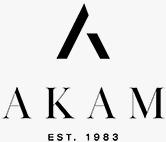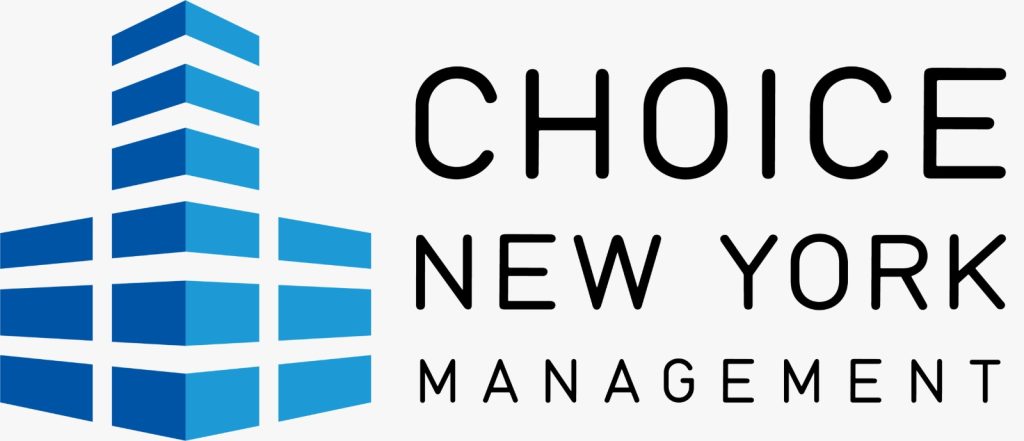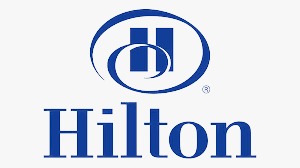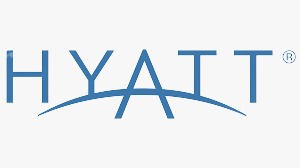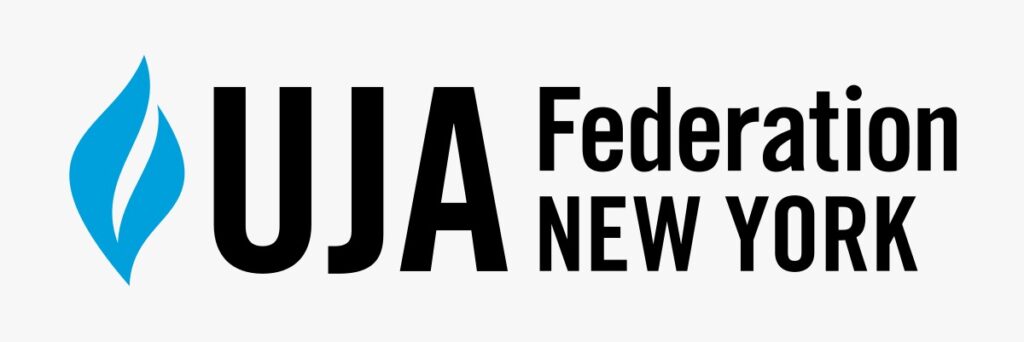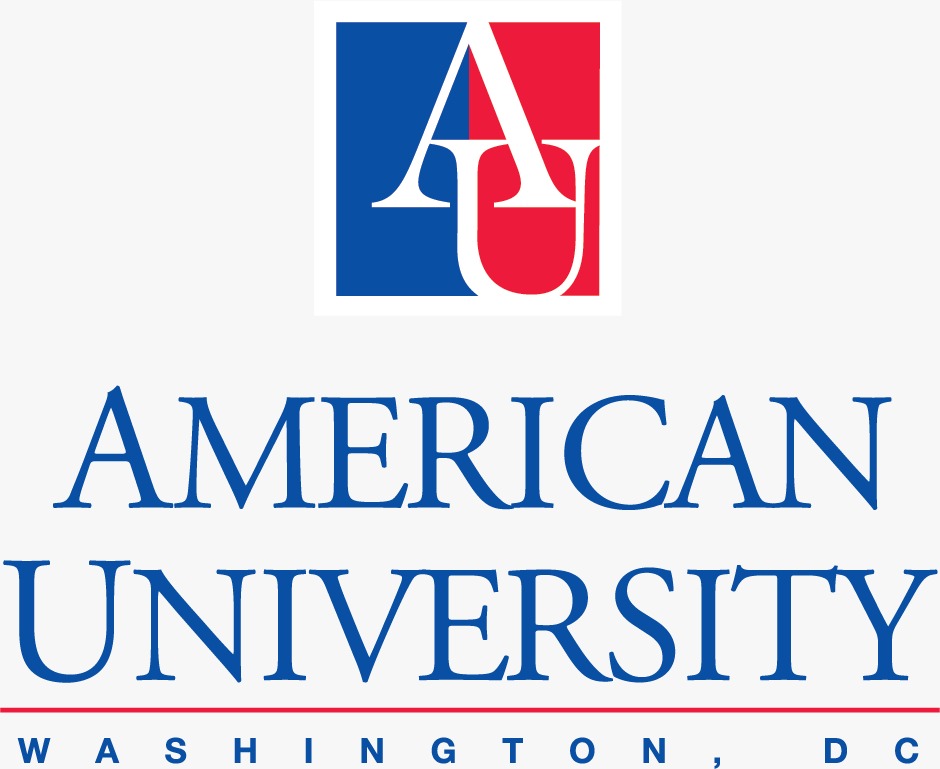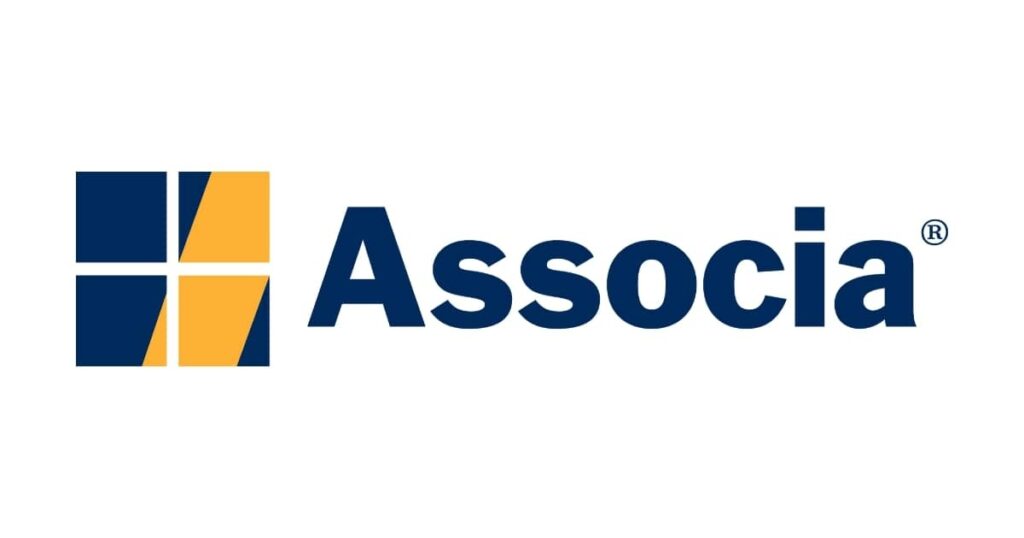About Local Law 152
Local Law 152, enacted in 2016, pertains to gas piping systems within buildings in New York City. Its primary objective is to uphold safety and adherence to established standards by necessitating periodic inspections of these gas piping systems.
Call us today
+1 (917) 754 - 3588
commercial Accounts
states We operate
Retention Rate
Let's get in touch
What Does a Local Law 152 Inspection Entail?
Every four years, all gas piping inspections in New York City must be carried out by a licensed Master Plumber or a qualified individual supervised directly by a Master Plumber.
After the inspection, within 30 days, the Master Plumber must prepare and provide a comprehensive Gas Piping System Periodic Inspection Report to the building owner or board.
This report will contain a detailed account of all inspection findings, including any conditions that require rectification, identification of frayed or worn piping components impacting safe and reliable operation, instances of non-code compliant installations or illegal connections, detection of combustible gas, and any other unsafe conditions as determined by the LMP.
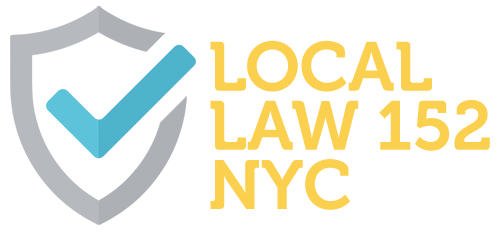
FREQUENTLY ASKED QUESTIONS
For buildings without gas piping, they must undergo certification of their existing conditions by either a registered architect or a professional engineer. This certification must be submitted to the Department of Buildings (DOB) and adhere to the inspection deadlines applicable to buildings with gas piping systems within the same Community District. Building owners must retain these certifications for a period of 10 years and must provide them to the DOB if requested. Failure to submit the inspection certification before the designated due date may lead to a civil penalty of $10,000.
The obligations under these requirements typically do not apply to buildings falling under the Residential Group R-3 classification, depending on the number of rooms or occupants within the property. Additionally, exemptions are granted to recently constructed buildings that have already undergone certified gas piping inspections. As per the local law, for new constructions, the first inspections must take place in the tenth year following the issuance of a certificate of occupancy or an official letter of completion from the Department of Buildings (DOB).
Any dangerous or unsafe situations, like a gas leak, an illegal connection, or a non-code compliant installation, must be promptly reported to the Utility company, the Department (of Buildings), and the building owner. Furthermore, any condition that, if verified by the Utility, would be classified as a Class A condition according to part 251 of Title 16 of NYCRR, must also be reported immediately.
Failure to adhere to the inspection rules and requirements may result in the plumber receiving violations from the Department of Buildings (DOB). Furthermore, individuals holding an LMP DOT Operator Qualification Status could face suspension pending a thorough investigation and be at risk of having their qualification revoked.
Inspections are required every four years and have different cycles for specific groups of Community Districts:
- For the period between January 1, 2020, and June 30, 2021, inspections are due for Community Districts 1, 3, and 10 in all boroughs.
- For the period between January 1, 2021, and December 31, 2021, inspections are due for Community Districts 2, 5, 7, 13, and 18 in all boroughs.
- For the period between January 1, 2022, and December 31, 2022, inspections are due for Community Districts 4, 6, 8, 9, and 16 in all boroughs.
- For the period between January 1, 2023, and December 31, 2023, inspections are due for Community Districts 11, 12, 14, 15, and 17 in all boroughs.
It is essential to submit the inspections during the specified year and not earlier, even if you have buildings in different Community Districts. Starting January 1, 2024, the due dates for periodic inspections will be set on the 4-year anniversary of the previous inspection, as indicated in the submitted certification. Furthermore, the inspection cannot be conducted more than 60 days before the due date. For instance, if your first inspection was on March 1, 2020, your next due date would be March 1, 2024, and the inspection should not take place more than 60 days before that date.

